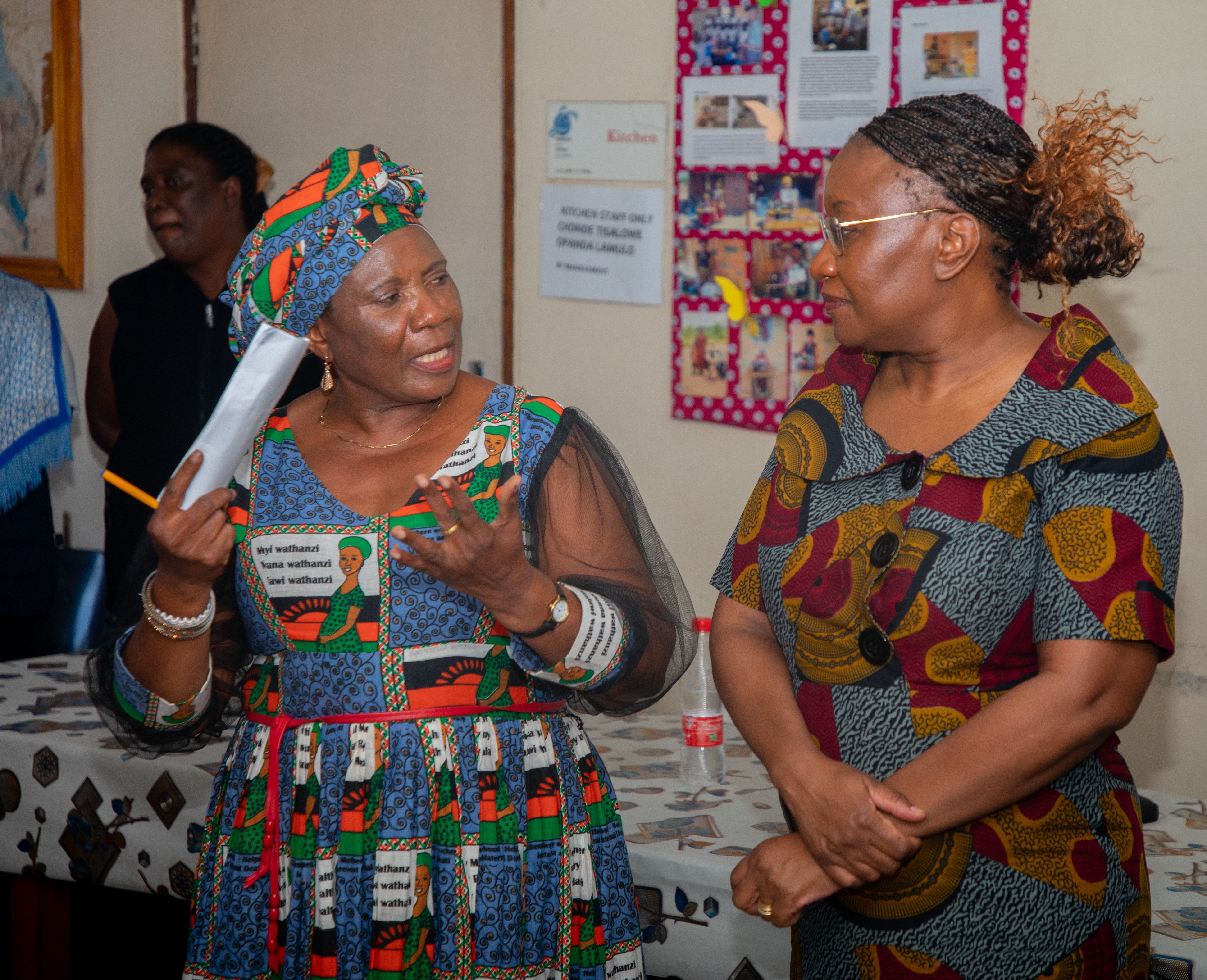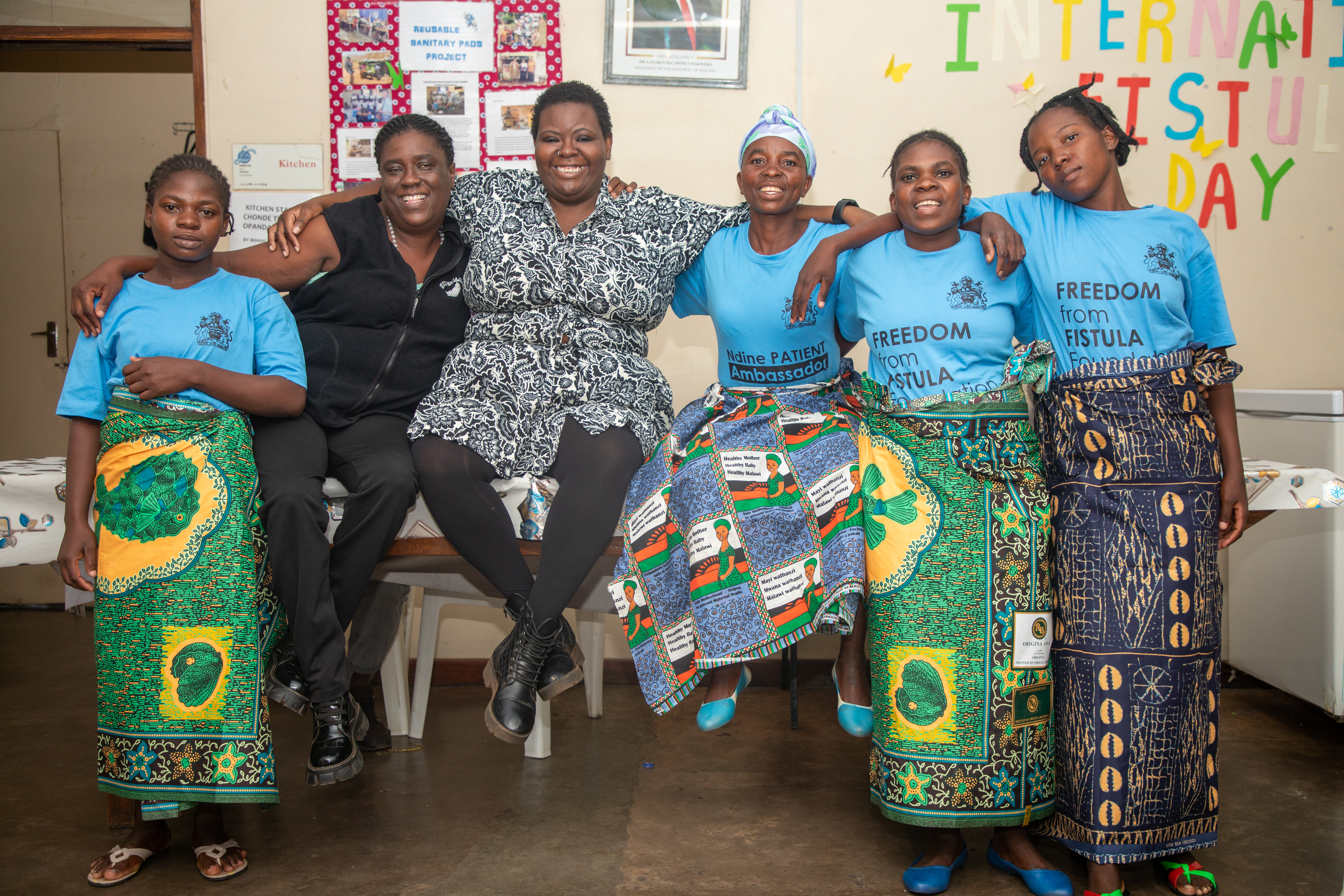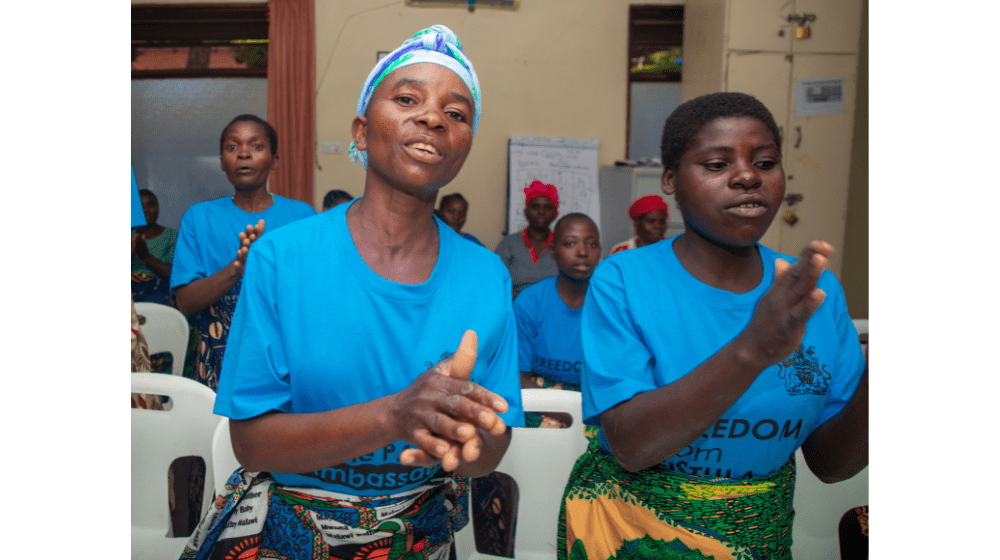Lilongwe, Malawi - Amid joyous singing Ms. Lydia Zigomo, the UNFPA Regional Director for Eastern and Southern Africa, was warmly welcomed at the UNFPA-supported Bwaila Fistula Centre in Lilongwe.
The centre, a beacon of hope for many women suffering from fistula from across Malawi, stood in stark contrast to the sombre atmosphere of a month ago when these women first arrived, anxious yet hopeful, for the life-changing surgeries they were about to undergo.
After a tour of the specialist facility and speaking with both staff and patients, Ms. Zigomo expressed satisfaction with the centre's work, highlighting not only the successful operations but also the broader mission to raise awareness about fistula and its prevention.
“Ensuring young girls stay in school and avoid early pregnancies and marriages is crucial,” Zigomo noted. “By doing so, we can reduce the incidence of fistula and allow girls to develop healthily, making informed choices about their pregnancies later in life.”
Obstetric fistula, a childbirth injury caused by prolonged, obstructed labour without prompt medical attention, is silently robbing millions of women and girls of their health, hope and dignity. The condition often leaves the woman with chronic incontinence and usually results in the death of the child.
It is estimated that in Malawi, about 20,000 women and girls are living with this devastating, yet preventable and treatable childbirth injury.

Freedom from Fitsula Country Director, Ms. Margaret Moyo said the visit by the UNFPA regional director has urged her team to keep going.
“We are so grateful that at least they had to find an opportunity to come and visit the centre. We are partners with UNFPA and it's good that at least they visited and appreciated how we are using their funds,” she said.
Restoring dignity
UNFPA started working with the Freedom from Fistula Foundation in Malawi in 2011 to support the government in addressing obstetric fistula. This partnership involves providing medical supplies and specialists to assist in fistula repair and conducting capacity-building programs for healthcare providers.
According to Moyo, with support from UNFPA, the centre currently treats about 50 patients monthly, most of whom suffer humiliation, stigma and have been ostracised by their communities due to their condition.
“Because they are leaking urine and they are leaking stool, nobody recognises them in society and they cannot be engaged in any other activity. So, they are pushed to the margins of the community, which is very sad,” she said.
Moyo noted that as part of reintegration into society, the centre equips them with skills and sewing machines.
“UNFPA has been funding us for social reintegration in areas such as sewing machines, and solar charging stations,” she said.
A fresh start for fistula survivors
Some of the survivors, such as Alefa Jeffrey, are retained as patient ambassadors and go into their communities to do outreach work on behalf of the centre.

The 35-year-old Thyolo resident explained that she volunteered as a patient ambassador following the “miracle of her operation.”
“The operation really transformed my life and changed the way my community looks at me. Which is why I am always going around looking for other patients to let them know that there is a cure because I understand the stigma that they face in their communities,” the mother-of-four said, adding that she has so far brought in 25 patients to the clinic since her operation three years ago.


